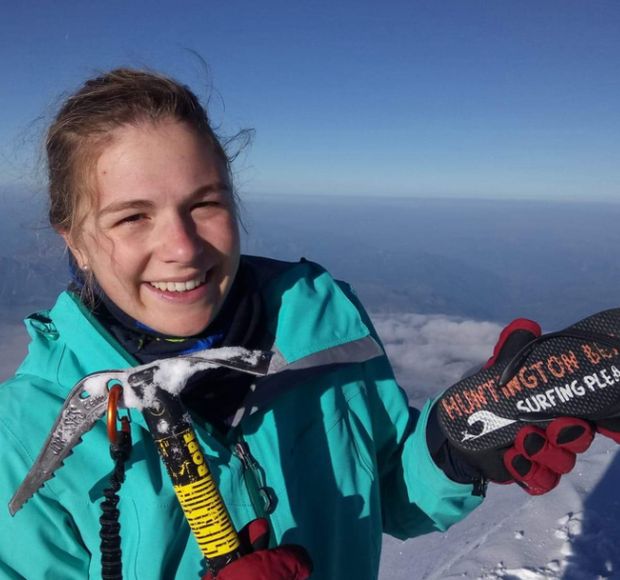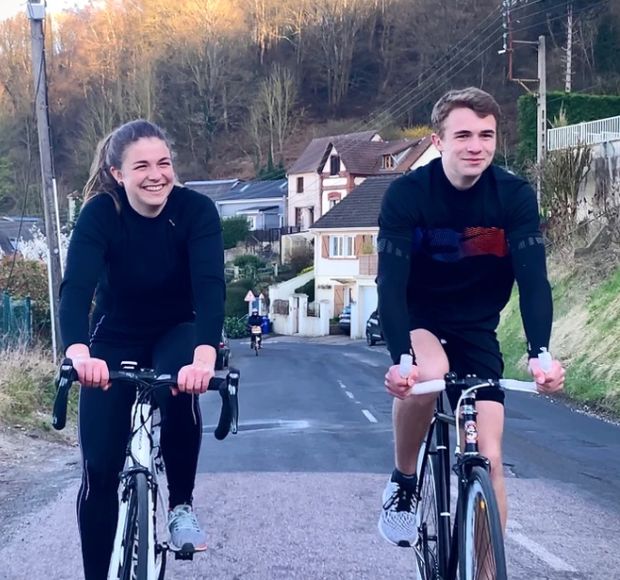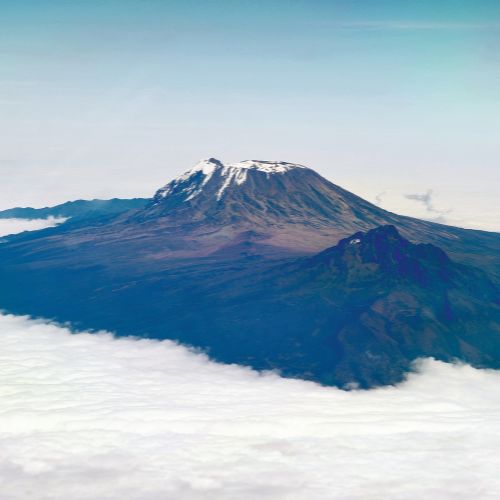
The Association
Pupils studying GCSE and A Level French have been learning about On detonne contre Huntington. This French association is run by siblings, Charline and Theo Pouillet, who complete intense sports challenges to raise awareness about a rare hereditary disease called Huntington’s. Their hope is to advance research through fundraising to save sufferers of the disease, including their father, Olivier.


Every year, they carry out increasingly extreme challenges to exceed their limits and raise awareness among as many people as possible. In the past they have crossed Europe by bike in two weeks, climbed Mont Blanc, and run 200km between Caen and Paris in 48 hours. The most recent challenge that the team took on was to climb to the summit of Kilimanjaro with Olivier, who has only 50% of his physical capacity. An independent French film maker captured some of this inspiring trip which our pupils found incredibly moving to watch.
We can see their joys, their sorrows, the difficulties linked to this crazy project but above all, a connection and an incredible solidarity between these people who did not necessarily know each other before this adventure and who gathered around the same fight: to make Huntington’s disease known and to try at the same time to make research progress in the hope they find a cure.
– Agnes (UVI), Elfreda (UVI) and Molly (LVI)
The Interview
On this occasion, several A Level students had the exciting opportunity to interview Charline Pouillet, the director of the association, about this Kilimanjaro adventure. Well done to Agnes (UVI), Elfreda (UVI) and Molly (LVI) for their excellent interviewing skills and thank you to Charline for taking the time to talk with our pupils. For more updates on this inspirational company, you can follow On detonne contre Huntington on Instagram.
Tours & Open Mornings
The best way to find out more about Downe House is to experience it for yourself. Book a personal tour or join us at one of our Open Mornings, available throughout the year.
Discover
